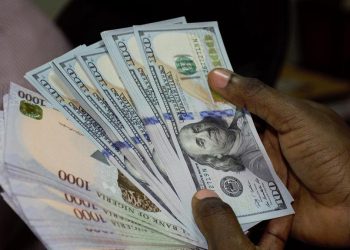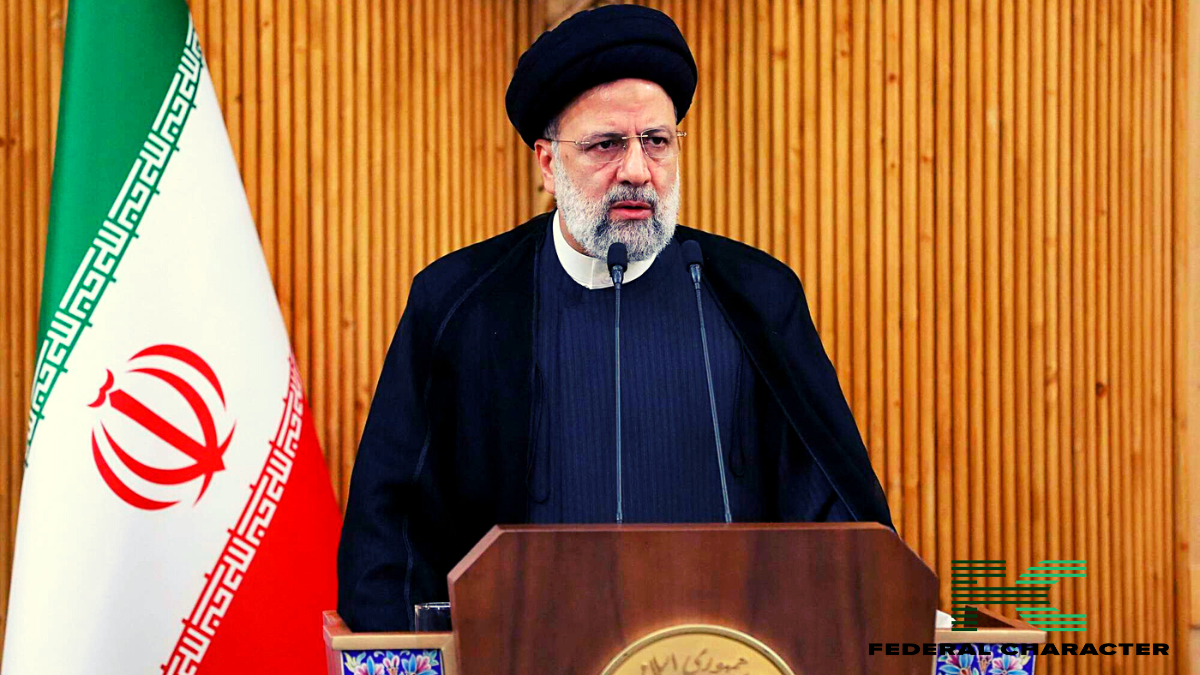Mali, one of Africa’s top gold producers, has turned up the heat on Barrick Gold, the world’s second-largest gold mining company, by issuing an arrest warrant for its CEO, Mark Bristow. The accusations? Money laundering and financial misconduct, according to a warrant dated December 2 and seen by Reuters. Mali seems to be flexing its muscles, signaling that international mining giants may no longer have free hold in the country.
This latest drama follows months of tension between Mali and mining companies operating within its borders.
The country’s revised mining code, designed to squeeze more revenue out of these corporations, has clearly not gone down well with industry leaders. Barrick, in particular, has found itself in a deep mess after four senior local employees were detained in September, charged, and left awaiting trial. The message from Mali’s government is clear: play by our rules, or face the consequences.

Mark Bristow, confident as ever, had assured Reporters in early November that Barrick was on track to resolve its disputes with Malian authorities before the year’s end. Fast forward to December, and the situation has escalated into something far more serious. The arrest warrant, first reported by Malian media, comes as a sharp rebuke to the company’s optimism. It accuses Bristow of money laundering and violating financial regulations, a damning indictment for a multinational CEO.
Barrick, however, seems to be playing the silent card. In response to inquiries, the company curtly stated it “will not be commenting” on the arrest warrant. A surprising move, considering the gravity of the situation and its potential impact on Barrick’s reputation and operations in Mali.
Mali’s revised mining code has been a thorn in the side of foreign mining companies. The government is clearly intent on reclaiming a larger share of the wealth generated by its natural resources, a stance that has ruffled feathers in boardrooms.
As one of the biggest players in the global gold market, the company cannot afford to be seen as vulnerable to regulatory crackdowns. Yet, this situation in Mali raises uncomfortable questions about how multinational corporations operate in resource-rich but politically volatile regions.

















